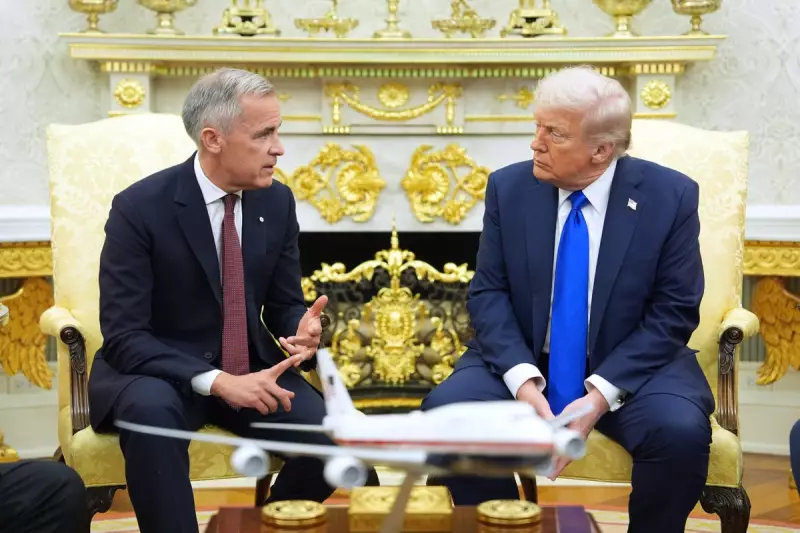
In a dramatic escalation of political tensions, former President Donald Trump has thrown his weight behind Republican efforts to force a US government shutdown, setting the stage for a bitter confrontation with Democratic leaders.
The Shutdown Ultimatum
Trump has publicly urged Republican lawmakers to reject any spending legislation that fails to include stringent border control measures, effectively holding government funding hostage to immigration policy demands. This hardline position comes as Congress faces critical deadlines to approve budget allocations.
Democratic Resistance
Democratic leaders have responded with equal determination, vowing to oppose what they characterize as "political blackmail." The party remains unified in its position that government funding should not be conditional on specific policy concessions, particularly those related to immigration enforcement.
Economic Implications
The potential shutdown threatens to disrupt essential government services and could have significant economic consequences. Analysis from figures including former Bank of England Governor Mark Carney suggests that such political instability could undermine market confidence and complicate economic planning.
Broader Political Context
This confrontation represents more than just a budget dispute—it reflects deepening political divisions and the ongoing influence of Trump within the Republican party. The standoff tests the ability of both parties to govern effectively amid increasing polarization.
As the deadline approaches, both sides appear entrenched in their positions, with little indication of compromise. The outcome of this high-stakes political battle will have implications not only for government operations but for the broader direction of US policy and international relations.





